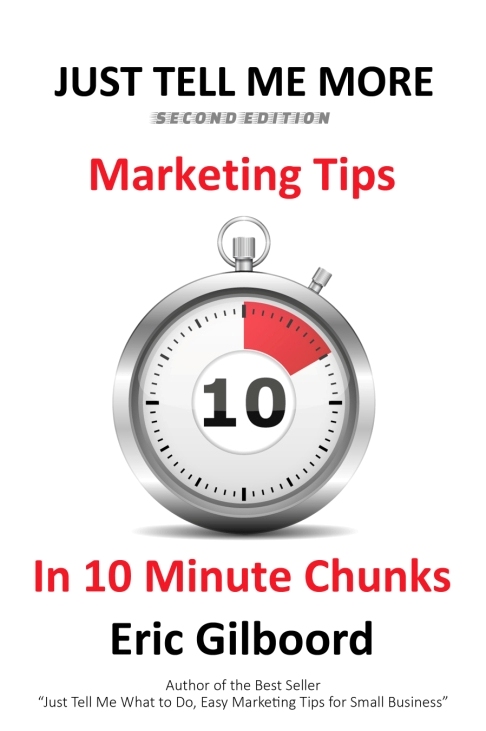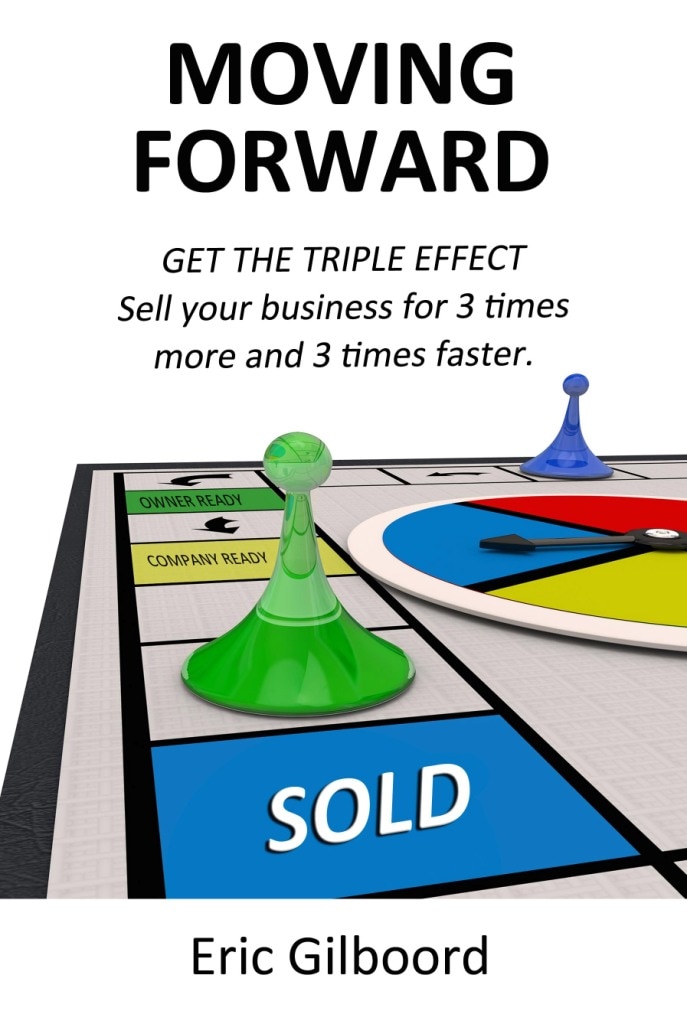- Much older owners are now looking to get out.
- Next generation may have screwed up.
- Niche vs foreign commodity competition.
- Automation and leading edge technology.
- Innovation comes from established small niche businesses.
- Realizing opportunity currently under your roof.
- Sales and Marketing to go to the next level.
- Sell 70% of your businesses, work with the new owners and enjoy a huge windfall on your remaining 30%.
- Buyers are looking for unsexy below the radar companies.
- Buying platform companies.
- Protecting intergenerational wealth.
- Family businesses, ups and downs.
- Runaway bride.
- Fathers and daughters.
- Selling to your children.
- Families act the same in your business as in your home.
- Entitlement issues.
- Lots of options for Owners to exit.
- Work back from what's in the best interest of the Owner.
- You don't know what you don't know.
- Surround yourself with an experienced team.
Selling Your Business?
Get Tips, TOOLS & Insights Here
|
Topics Covered
0 Comments
|
Click HereArchives
June 2024
Categories
All
|








